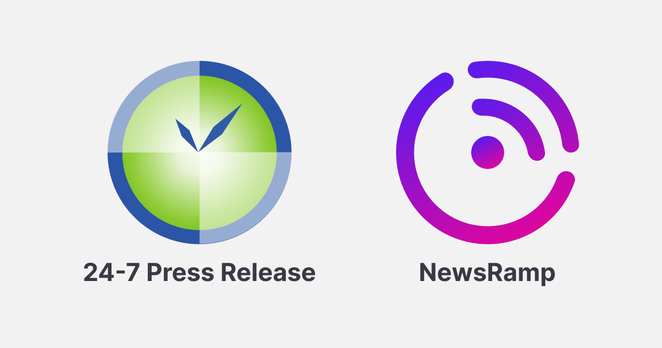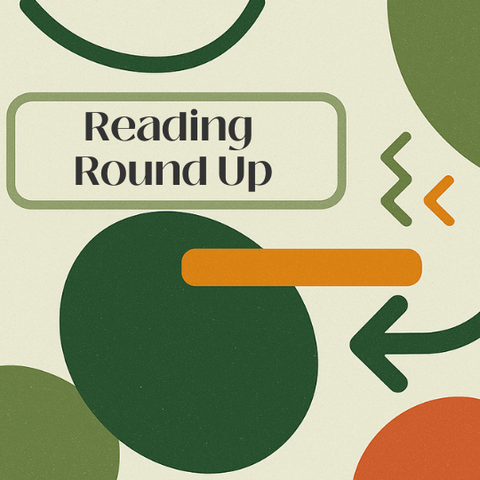Reading Round-Up 11.21.2026 – Supervisors, Neuroinclusivity, Queer Safe Spaces, Psychological Safety, and Feedback
A little round as I work to get back into the habit of writing regularly. I have been busy. I ran for and won a seat on the Board of Directors for the Iowa Library Association. I’ll step into this role in January, which also means I will step down from the Government Access Committee and the Leadership Development Committee.
The white paper I wrote for the Public Library Association abut adult learners and public libraries was released. You can watch a recording of the webinar here. It was wonderful to learn so much about what amazing work is happening on the frontlines of public libraries.
I’m putting together a list of coaches to recommend to librarians and library managers. If you have worked with a coach and would recommend them, please share. Feel free to send me an email.
I am writing a post based on a question I saw on Facebook this week: “How do you navigate burnout when the root problems aren’t within your control?” I plan to have it out the week after Thanksgiving (US).
I’ll be spending Fall break getting started on the new book and working on ThriveLib 2026!
Here are some things I’m reading and thinking about right now.
When the Support Isn’t There: Navigating the Silent Supervisor from Trevor Dawes
Working without adequate supervisory support creates a peculiar kind of professional isolation. It’s not always dramatic—there’s rarely a single catastrophic moment. Instead, it’s the accumulation of unanswered emails, the scheduled one-on-ones that keep getting postponed or canceled, or the completed project that receives neither acknowledgment nor critique. Over time, these absences compound into something more corrosive than simple neglect.
Bellamy, L., Flores Glosson, A., Glosson, J., Oberlies, M., Runyon, M., & Showalter, P. (2025).Are we implementing neuroinclusive hiring practices?: An investigation for academic library positions. In the Library with the Lead Pipe.
The application and interview process for academic library positions, especially those at the non-staff, librarian level, are often quite demanding and frequently require candidates to engage in processes that are particularly distressing to those with certain neurodivergent conditions, such as ASD or ADHD. As such, the barriers to entry into the profession are often larger for this population, and this can lead to underrepresentation within the academic library workforce. With fewer neurodivergent voices at the table, academic libraries will find it harder to identify the particular challenges that neurodivergent individuals face and the accommodations that could increase their recruitment, thus perpetuating a cycle of exclusion.
Coltman, Z. (2025). Small acts to make safe space: a case study of the Queer Liberation Library as a queer space. Information Research an International Electronic Journal, 30(CoLIS), 366–374. https://doi.org/10.47989/ir30CoLIS52246
Though there is much that could, and should, be done to build queer space into public libraries, especially for multi-minority individuals, this paper argues that small acts can and should be implemented before tackling larger tasks that require excess manpower, funding and time. Though these small acts do not replace the need for larger change, they can be implemented quickly and work to make public libraries safe spaces while larger changes are slowly implemented.
6 Defensive Behaviors That Show Up at Work—and How Psychological Safety Can Help
The language of “fight, flight, or freeze” to describe the body’s instinctive survival responses to perceived threats is commonly understood. But some clinicians and researchers now recognize six distinct threat responses: fight, flight, freeze, please/appease (sometimes called fawning), attach/cry for help, and collapse. While our threat responses originate in our earliest experiences of safety and danger, they don’t disappear when we grow up. They remain deeply wired survival strategies—patterns we unconsciously carry with us into adult life.
And unsurprisingly, we bring these responses to work.”
From a LinkedIn post by Dr. Victoria V
If your “feedback” is about my tone, personality, or how I “make you feel” when I speak up—it’s not feedback. It’s your discomfort with my presence.
#adultLearners #burnout #careerCoaches #feedback #managers #personality #psychologicalSafety #publicLibraries #queersSafeSpaces #supervisors #tone




